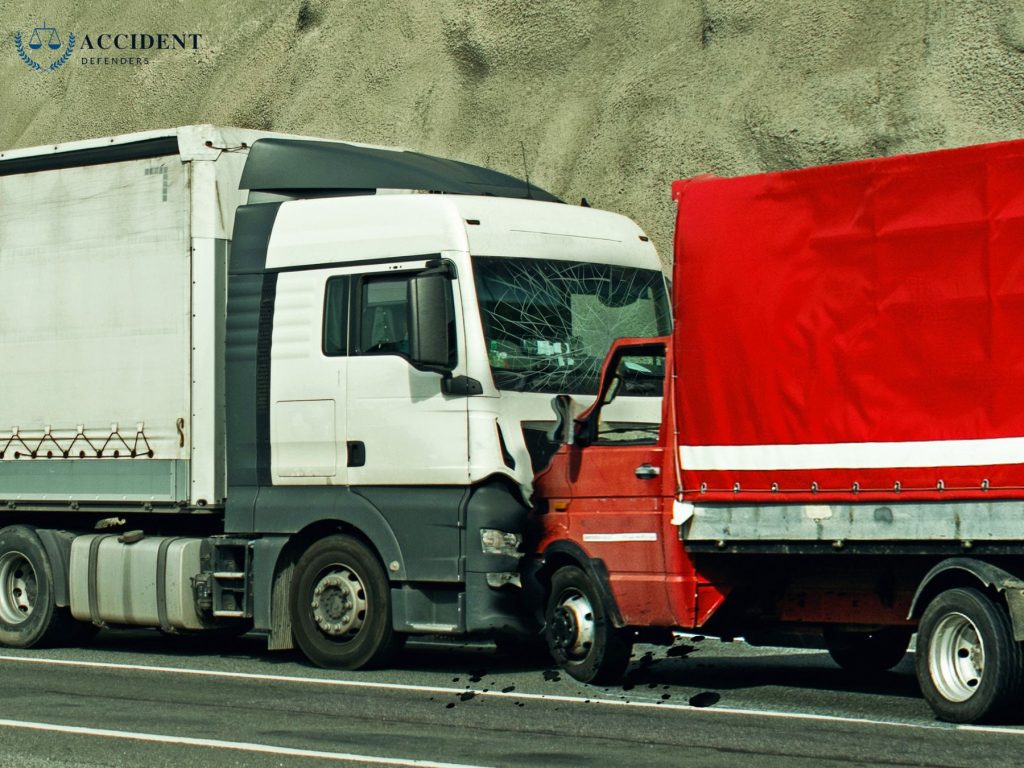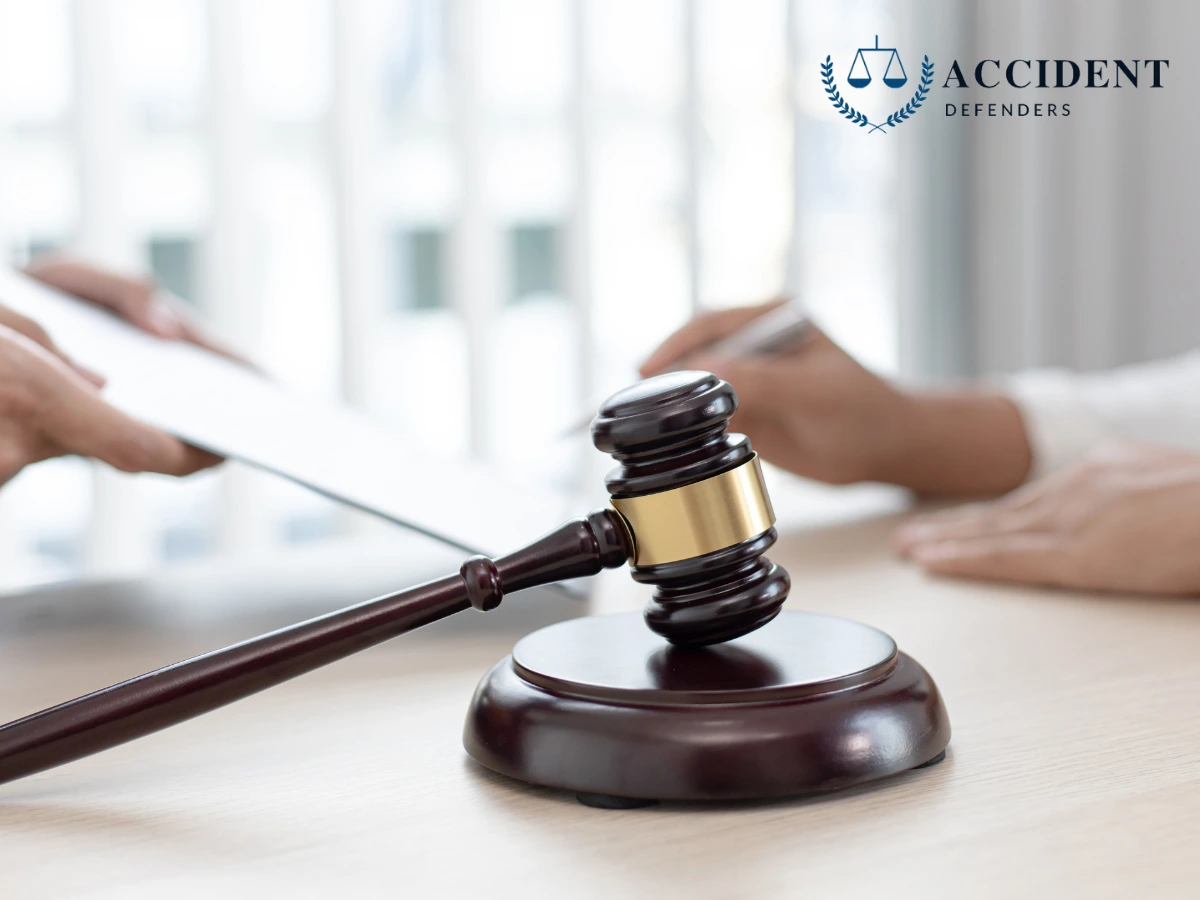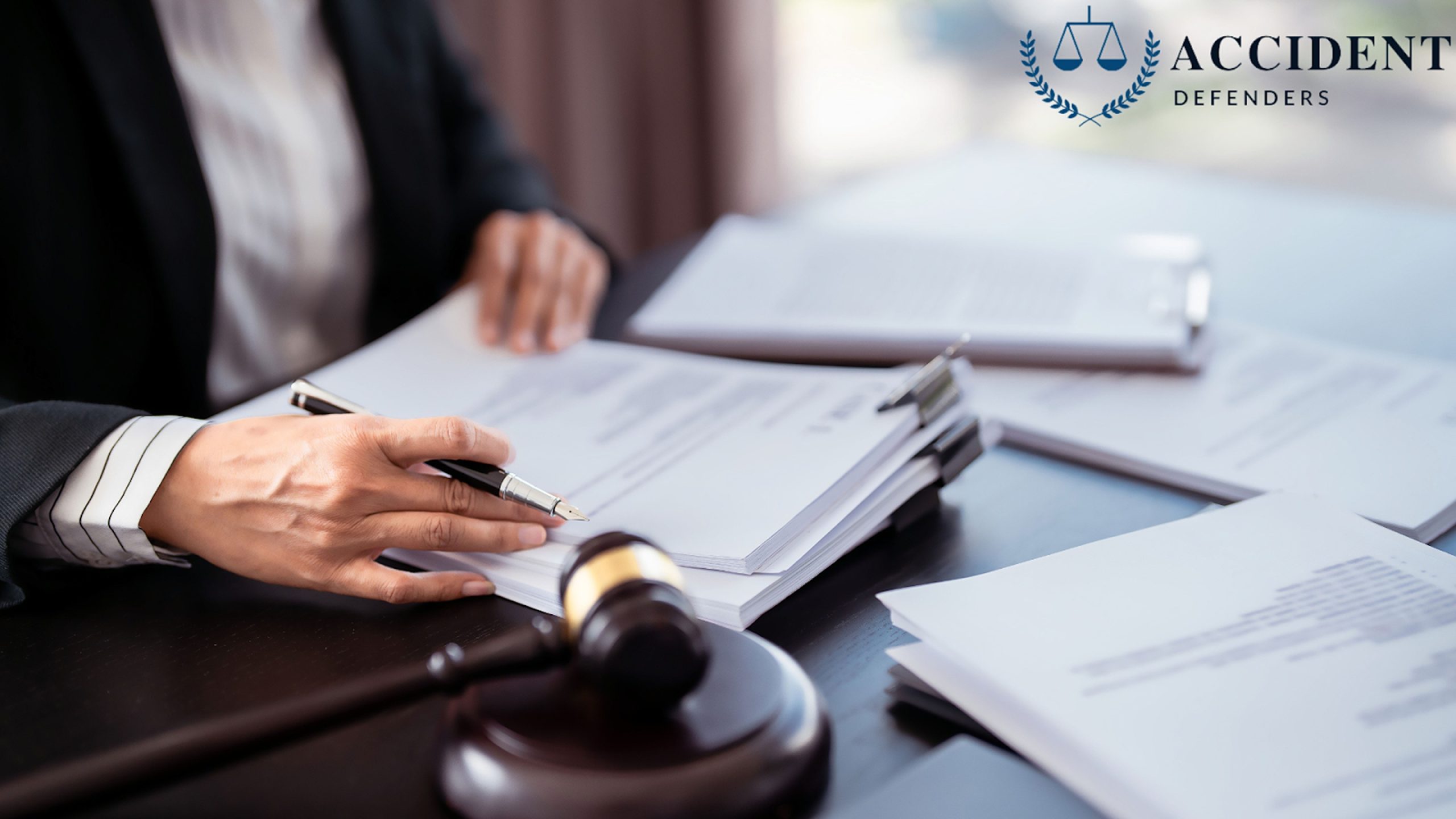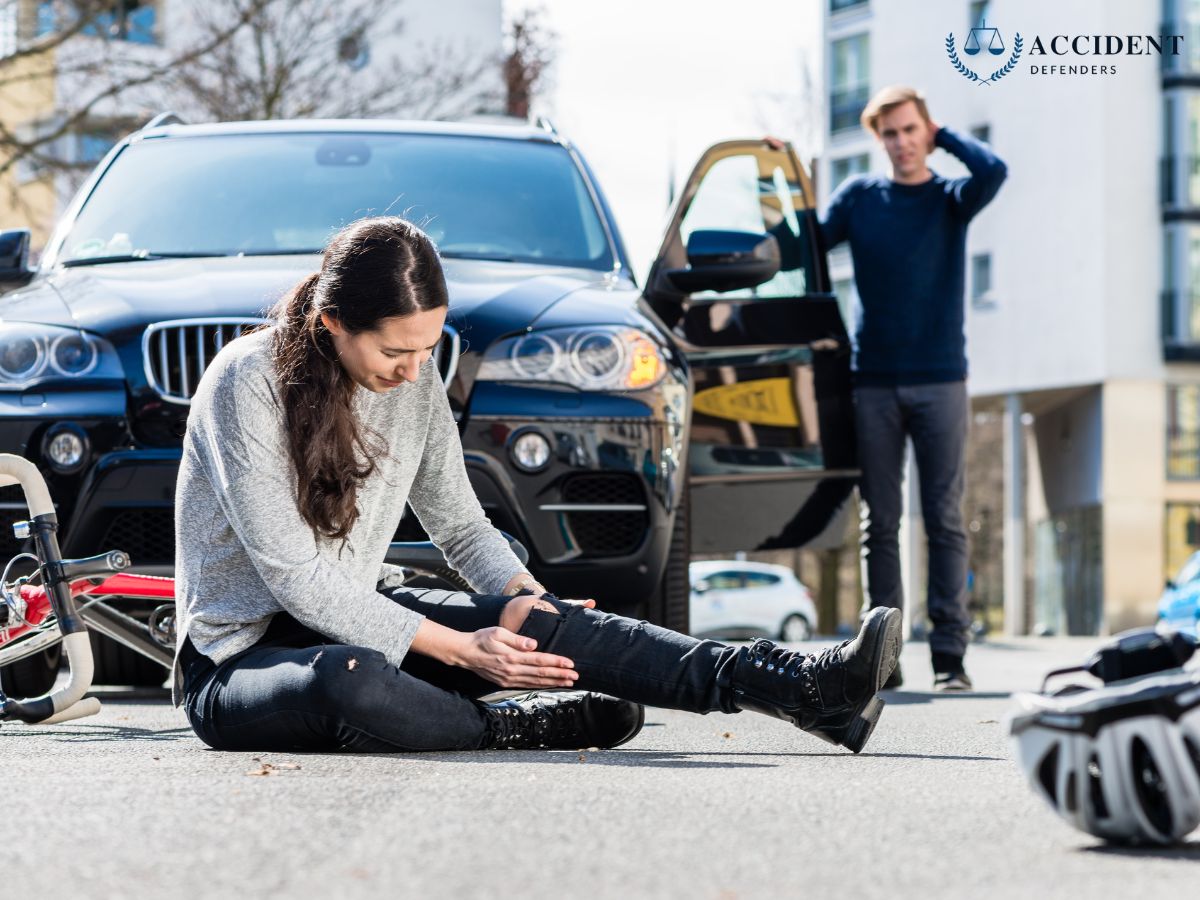A commercial truck driver’s livelihood depends on the road, but one accident can change everything instantly. Suddenly, you’re dealing with painful injuries and challenging questions: How will I cover my medical bills? What if I can’t work for a long time? Will my settlement be enough to support my family while I recover? The deeper you look, the more complicated it gets.
And the worst part is, unlike standard car accident claims, commercial truck accident settlements are far more complex. Multiple parties—employers, trucking companies, and insurance providers often work to minimize your payout. Without the right knowledge, you risk settling for far less than you need to recover fully. That is why understanding how truck accident settlements work—and the common pitfalls to avoid—can help you take control of your claim and fight for the compensation you deserve. Let’s break it all down step by step.
Commercial Truck Accident Settlements Process: Step-by-Step Guide
Let’s walk you through each step so you can understand your rights and maximize your compensation:
Protect Your Health and Legal Rights with Immediate Care
Seeking medical attention after an accident is not just about your health—it’s also key evidence for your claim. Even if you feel fine right at the moment, injuries like whiplash or internal damage can take time to appear. A prompt medical evaluation creates proof that your injuries were caused by the accident and prevents insurance companies from downplaying your claim. Delaying treatment could give them room to argue that your injuries weren’t serious or weren’t related to the crash.
Reporting the Accident
The accident’s impact can be devastating, whether it’s a speeding motorist cutting you off, a distracted driver swerving into your lane, or hazardous road conditions. In Los Angeles, reporting the accident to law enforcement is crucial. After seeking medical attention, you should file a report with the Los Angeles Police Department or the California Highway Patrol (CHP), depending on where the accident occurred. The official police report documents key details, including who was involved, fault assessments, and witness statements—all of which serve as critical proof in your settlement process.
Gathering Evidence
The stronger your evidence, the better your claim. Here’s what you should focus on:
- Accident Scene Photos – Take clear pictures of vehicle damage, skid marks, road conditions, traffic signs, and any visible injuries.
- Witness Statements – Speak with bystanders or other drivers who saw the accident and get their contact information. Their testimony can support your claim.
- Medical Records & Bills – Keep all medical reports, prescriptions, and receipts related to your injuries. These prove the severity of your condition.
- Police Report Details – Request a copy of the police report, as it contains key facts about the accident, including initial fault assessments.
- Trucking Company Logs – If possible, retain copies of your driving logs, maintenance records, and hours-of-service reports, as these can reveal violations like driver fatigue or improper truck maintenance.
Determining Liability
Identifying all responsible parties is key since insurance companies often try to deflect blame to reduce payouts. Unlike car accidents, multiple parties can be held responsible in a truck accident, including:
- The trucking company (if they failed to train drivers or maintain vehicles)
- The truck manufacturer (if faulty parts contributed to the accident)
- A cargo-loading company (if improper loading caused the crash)
| Did you know? A Federal Motor Carrier Safety Administration study found that 13% of truck crashes involve fatigued drivers. If the truck driver was overworked, their employer shares liability in your claim. |
Filing an Insurance Claim & Negotiating a Settlement
After determining liability, you’ll file a claim with the trucking company’s insurance provider. A 2022 survey found that 36% of insurance claims are initially denied, and many people don’t realize they have the right to appeal. Building a strong case—supported by medical records, accident reports, and legal expertise—can significantly improve your chances of securing fair compensation. Seeking professional help is highly recommended, as experts understand the complexities of these claims and know how to negotiate effectively on your behalf.
Filing a Lawsuit (If Necessary)
Filing a lawsuit can be your best option if negotiations stall or the settlement offered to you is unfair. Most cases settle before reaching trial, but being ready to file a lawsuit signals to the insurance company that you’re serious about getting fair compensation. This pressure often leads to better settlement offers.
Mistakes to Avoid During the Settlement Process
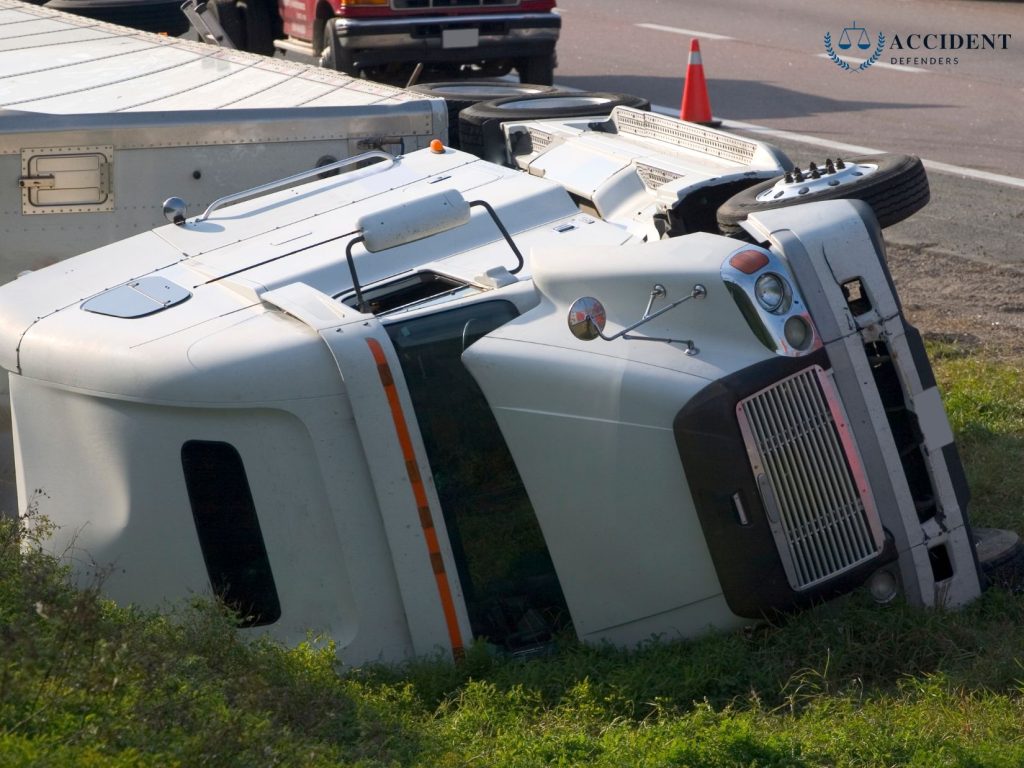
Now that you understand the settlement process, knowing what “NOT” to do is just as important. Here are some key pitfalls to avoid:
Admitting Fault Too Soon
In the aftermath of an accident, emotions run high, but avoid saying anything that could be taken as admitting fault—even a simple “I’m sorry.” Let the professionals determine liability, and keep conversations with the other party and insurance adjusters focused on facts, not blame.
Never Give a Recorded Statement Without Legal Advice
Adjusters ask for a recorded statement, but anything you say can be used against you. Stick to basic facts and consult an attorney before providing any detailed statements.
Don’t Post About the Accident on Social Media
Insurance companies monitor social media for evidence that can discredit your claim. Even an innocent post can be twisted to minimize your injuries or shift the blame. So, it is recommended to avoid using social media until your case is resolved.
Signing Documents Without Reviewing
Insurance companies can pressure you to sign documents that limit your compensation or waive certain rights. Never sign anything—whether it’s a settlement agreement, medical release, or liability waiver—without having a lawyer review it first. A rushed decision could cost you the full compensation you deserve.
Avoiding these common mistakes can make or break your settlement—stay informed, be cautious, and don’t settle for less than you deserve!
Get the Legal Support You Deserve
Handling a commercial truck accident settlement can be overwhelming, especially when powerful parties are in your oppose trying to minimize payouts. In such cases, don’t go through the process alone. At Accident Defenders, our skilled Los Angeles truck accident attorneys specialize in handling every detail of your case, from identifying liable parties to securing the maximum compensation you deserve. With thorough investigations, strong negotiation tactics, and expert legal representation, we build a solid case to protect your rights. Whether through settlement or litigation, our priority is to fight for the best possible outcome for you.

